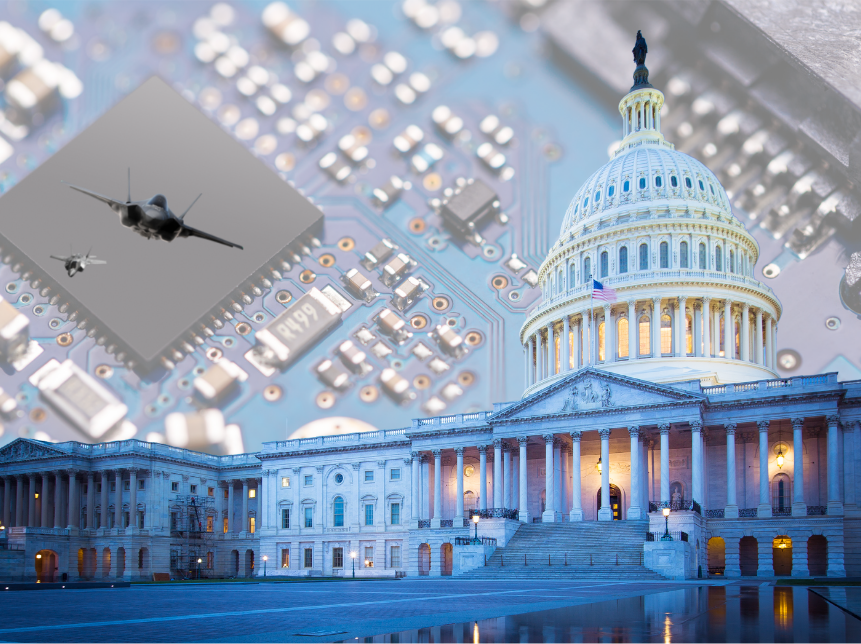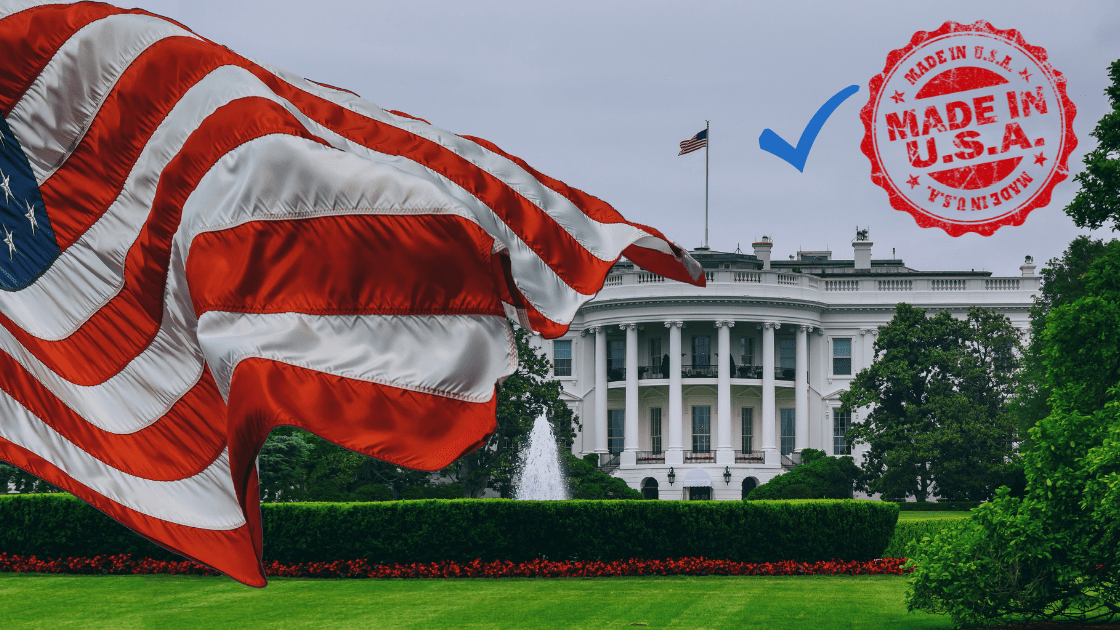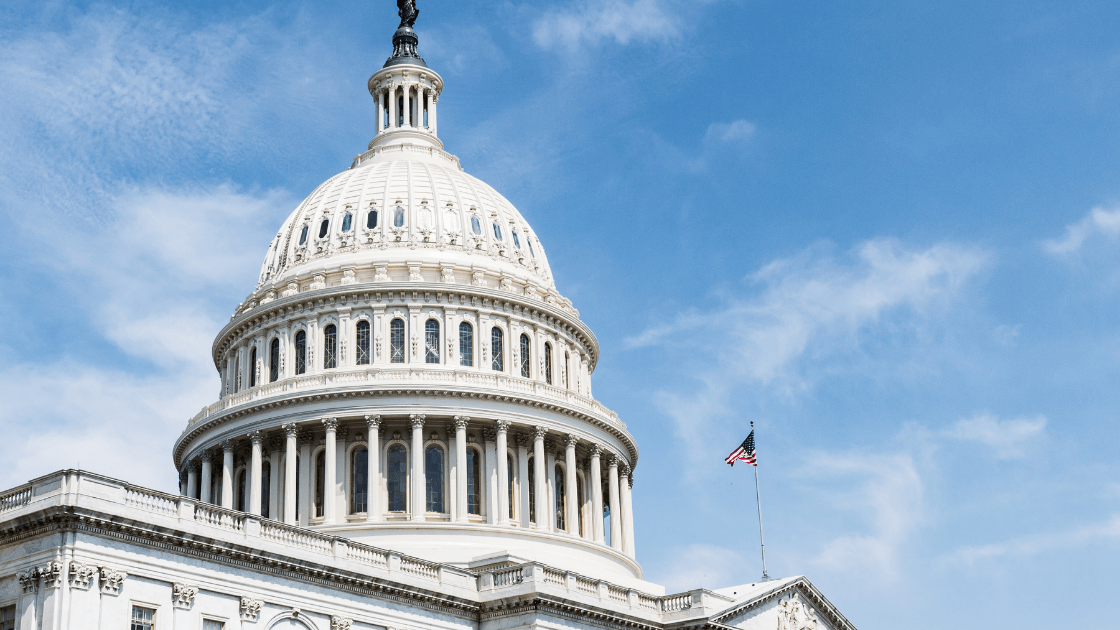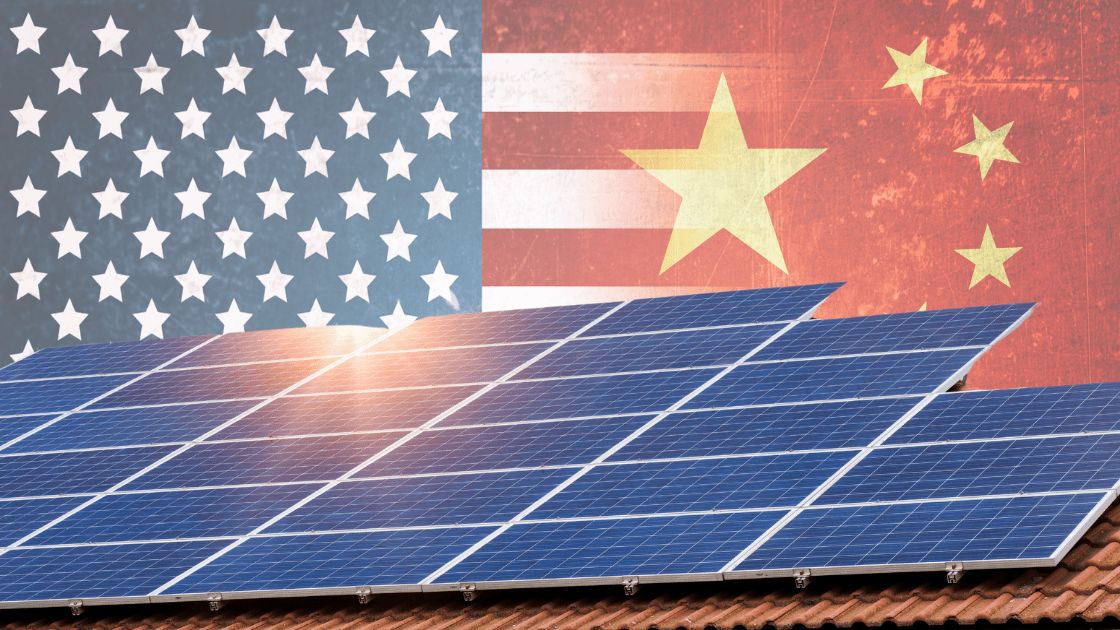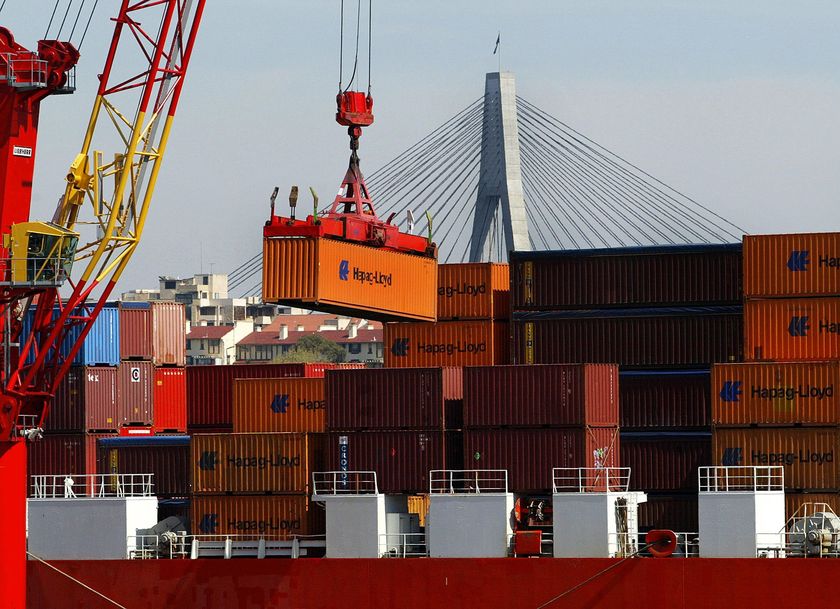Semiconductor Manufacturing Becomes Problem for Defense Industry, Senate Armed Services Committee Says
The Senate Armed Services Committee heard testimony this week from defense industry experts warning about the declining domestic market share for microelectronics.



